Conservative leadership: What would the next Prime Minister do for students and young people?
One possible candidate has listed a ‘pub price watch’ as one of his priority campaigns. Students: take from that what you will
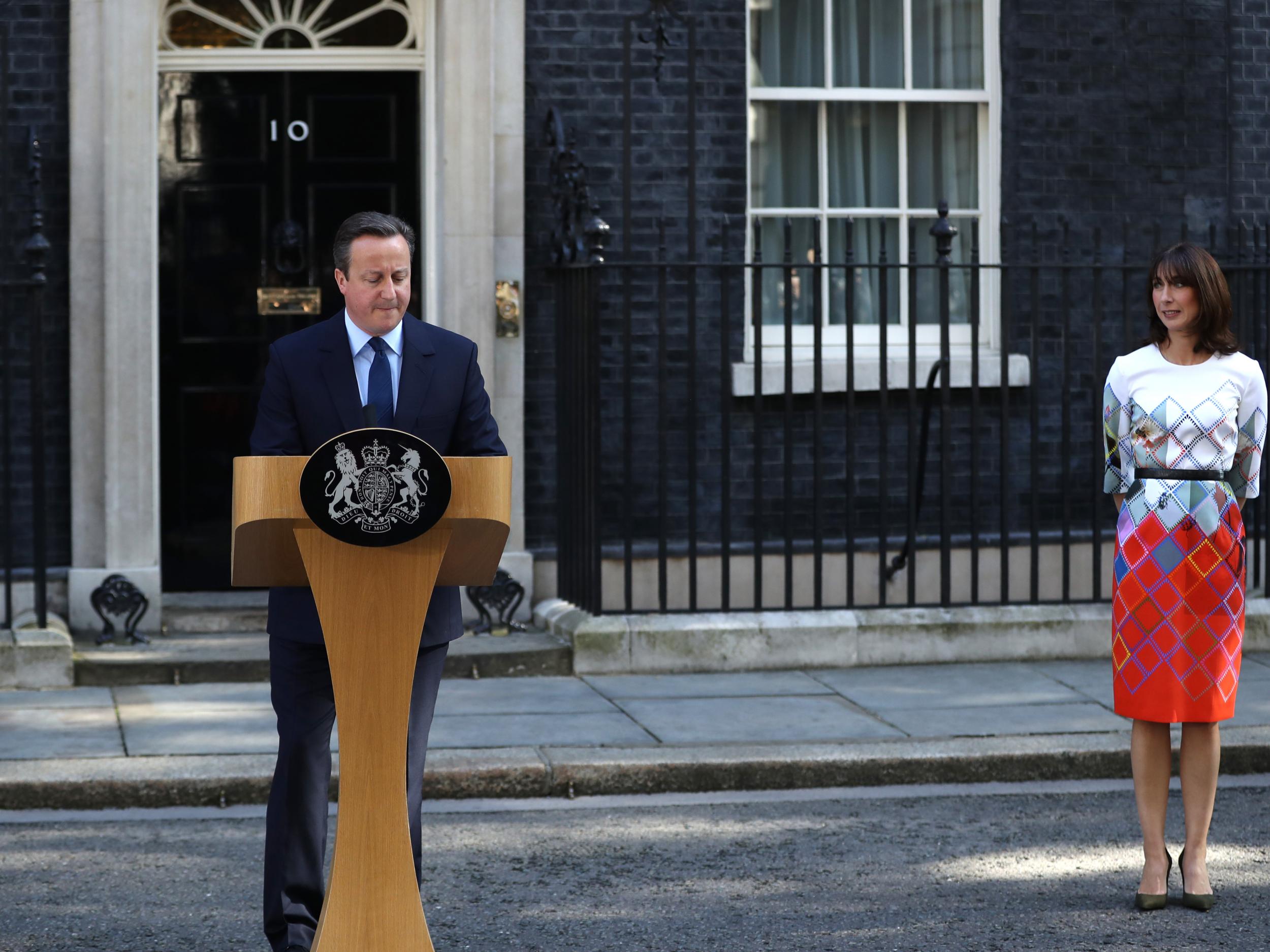
Conservative backbench MPs have voted to bring forward the beginning of the party’s leadership election to this week, leading to the replacement of David Cameron as early as the beginning of September, and throwing their name into the hat for leadership include Theresa May, along with the shock announcement of Michael Gove too.
But, having delved into statistics from Hansard, what would leadership under each Tory candidate look like for students and young people? Brace yourself, because it makes for pretty miserable reading, demonstrating strong party control and line-toeing MPs largely removed from the needs of young people growing up in an increasingly socioeconomically unstable environment.
With favourite frontrunner, Boris Johnson, now out of the race, what would the other Tory leadership candidates bring to the table for Britain’s youth?
Theresa May
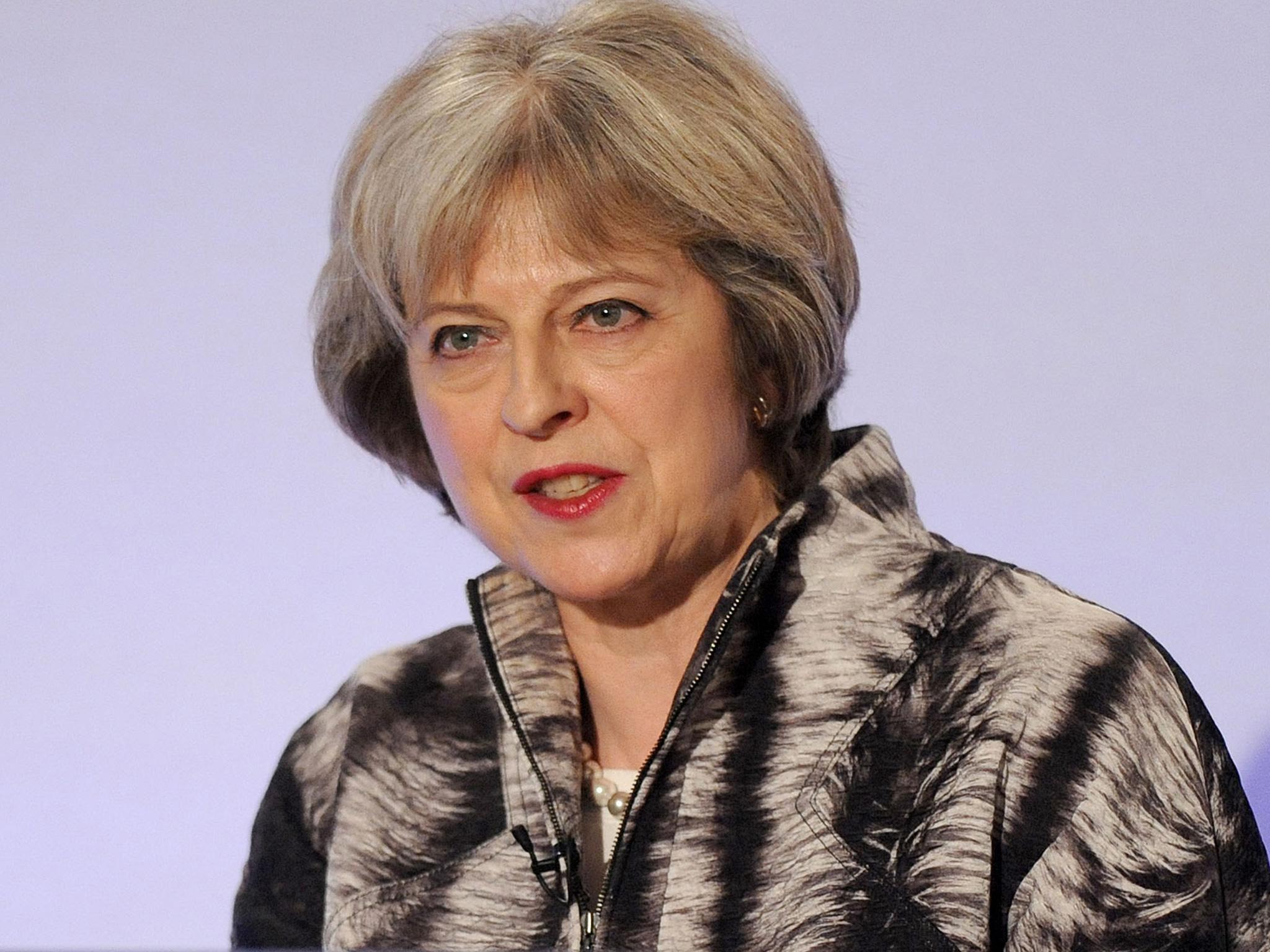
She was Johnson’s main competition and the bookies’ other favourite. May is highly experienced and likely to be backed by numerous MPs, with Health Secretary, Jeremy Hunt, confirmed as a supporter. The Home Secretary’s voting record shows a slightly more progressive track record than some of her competitors, repeatedly voting in favour of marriage rights for LGBT+ people. Despite this, though, she has followed the classic Conservative line on most other young people’s issues; voting in favour of tuition fee hikes and benefit reductions and against spending public money on guaranteeing jobs for the long-term unemployed, as well as capping charges on tenants by letting agents.
May had also opposed Johnson’s stance on international students, calling for universities to “develop sustainable funding models that are not so dependent on international students.” This came despite them contributing billions to the British economy and enriching the education provided by our own institutions. May was also the brains behind the highly-opposed Prevent strategy. TheyWorkForYou states that, in 2013, May “voted against calling on the Government to take real action on jobs, affordable accommodation, rising energy and water bills, and the costs of travel to work.” With the Home Office set to become the centre of a full inquiry into her department’s treatment of international students also, perhaps she’s not the best representative for young people trying to make their way in the world, then.
Andrea Leadsom
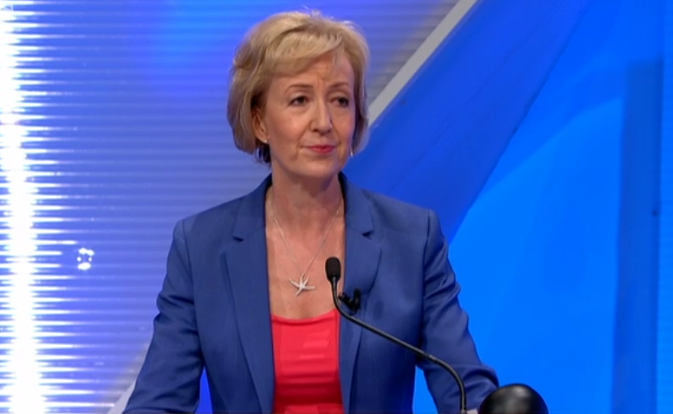
A prominent Brexiteer and Minister of State for Energy and Climate Change, Leadsom is emerging as an important player within the Conservative Party. She’s never rebelled against her party in the current parliament, and has voted with them in the vast majority of cases since becoming an MP in 2010. Like May, though, she voted in favour of increased tuition fees and scrapping the Education Maintenance Allowance (EMA), and against bills proposing an increase to the minimum wage and boosts to housing. Confusingly, as Energy and Climate Change Minister, she voted against several environmental bills, including setting decarbonisation targets (though she has opposed fracking), perhaps damaging her integrity credentials and likelihood to deliver sustainable policies for the younger generation.
Stephen Crabb and Sajid Javid
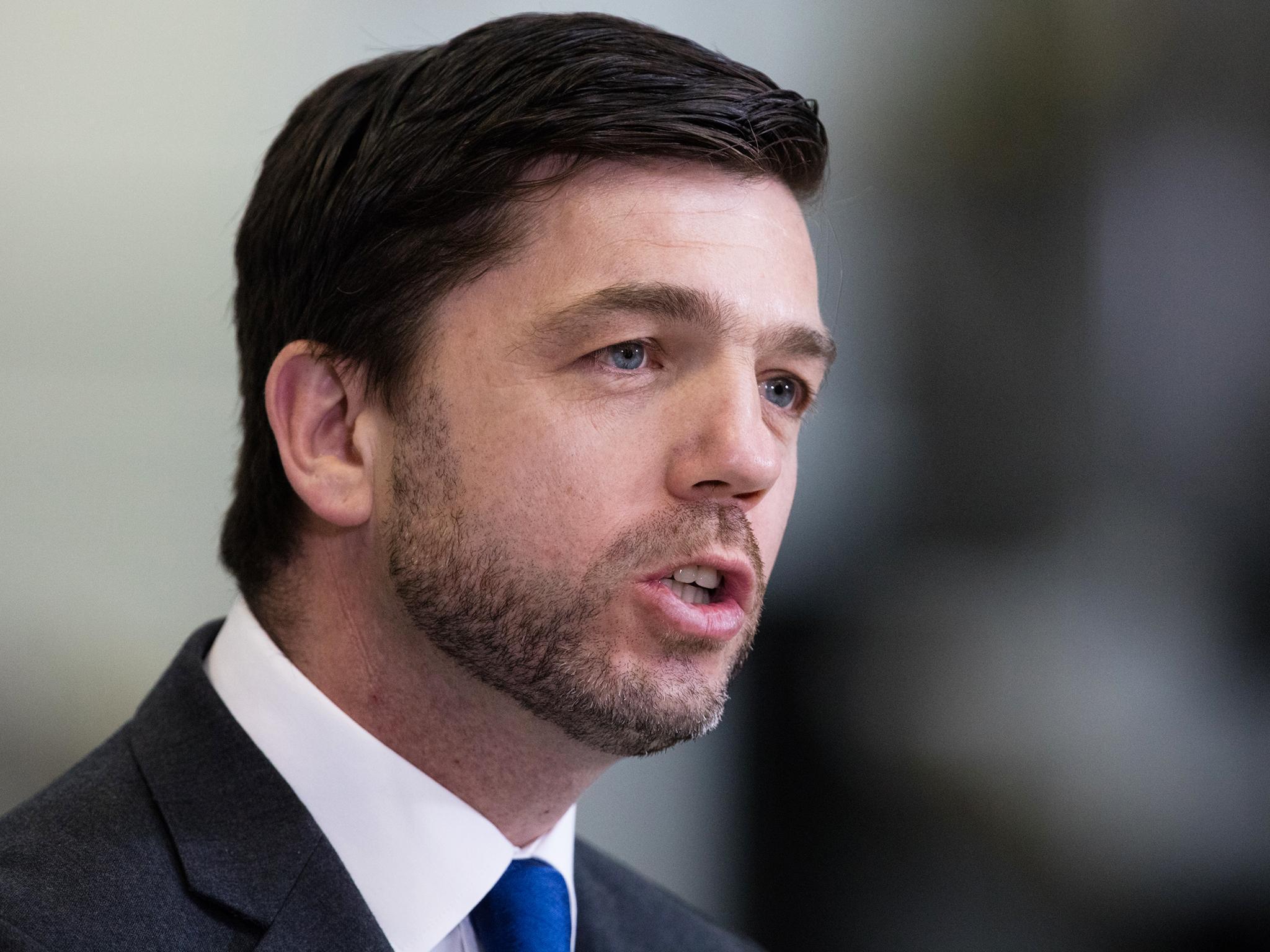
Despite having grown up on a council estate and not conforming to the stereotypical privileged image of the Tory Party, the Secretary of State for Work and Pensions certainly possesses a traditional Conservative voting history. Crabb opposed increases to benefits in line with inflation and economic policies beneficial to young people, and voted in favour of raising tuition fees and ending EMA. His social issues record is dodgy too, with votes against LGBT+ rights and links to homophobic charity, Christian Action Research and Education, as well as opposition to an Equality Act motion concerning caste discrimination. Going forward, Crabb seems unlikely to bring about any progressive change or benefits for young Brits, in spite of his supposedly aspirational outlook.
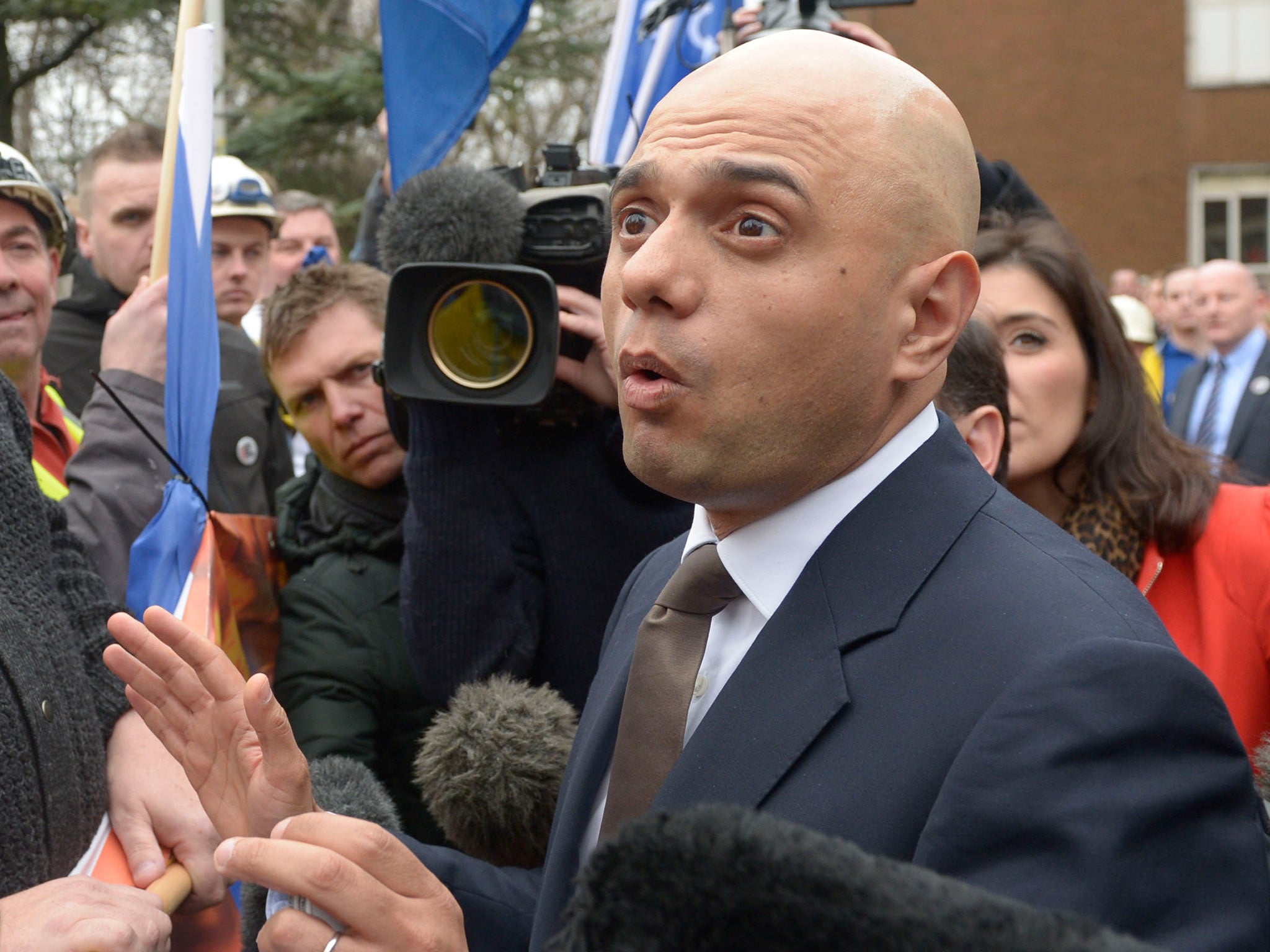
Tipped to run as Crabb’s deputy, Secretary of State for Business, Innovation and Skills, Sajid Javid, has an almost identical voting record on student and young people’s issues. Despite this, earlier this year, he launched a multi-million pound fund to boost degree apprenticeships, and has worked to increase teaching standards and increase social mobility for disadvantaged groups within the education system. This, combined with his slightly more liberal social issues stance, might demonstrate a candidate more in tune with the needs of young people than some of the competition - but one that’s certainly at odds with his co-bidder.
Liam Fox
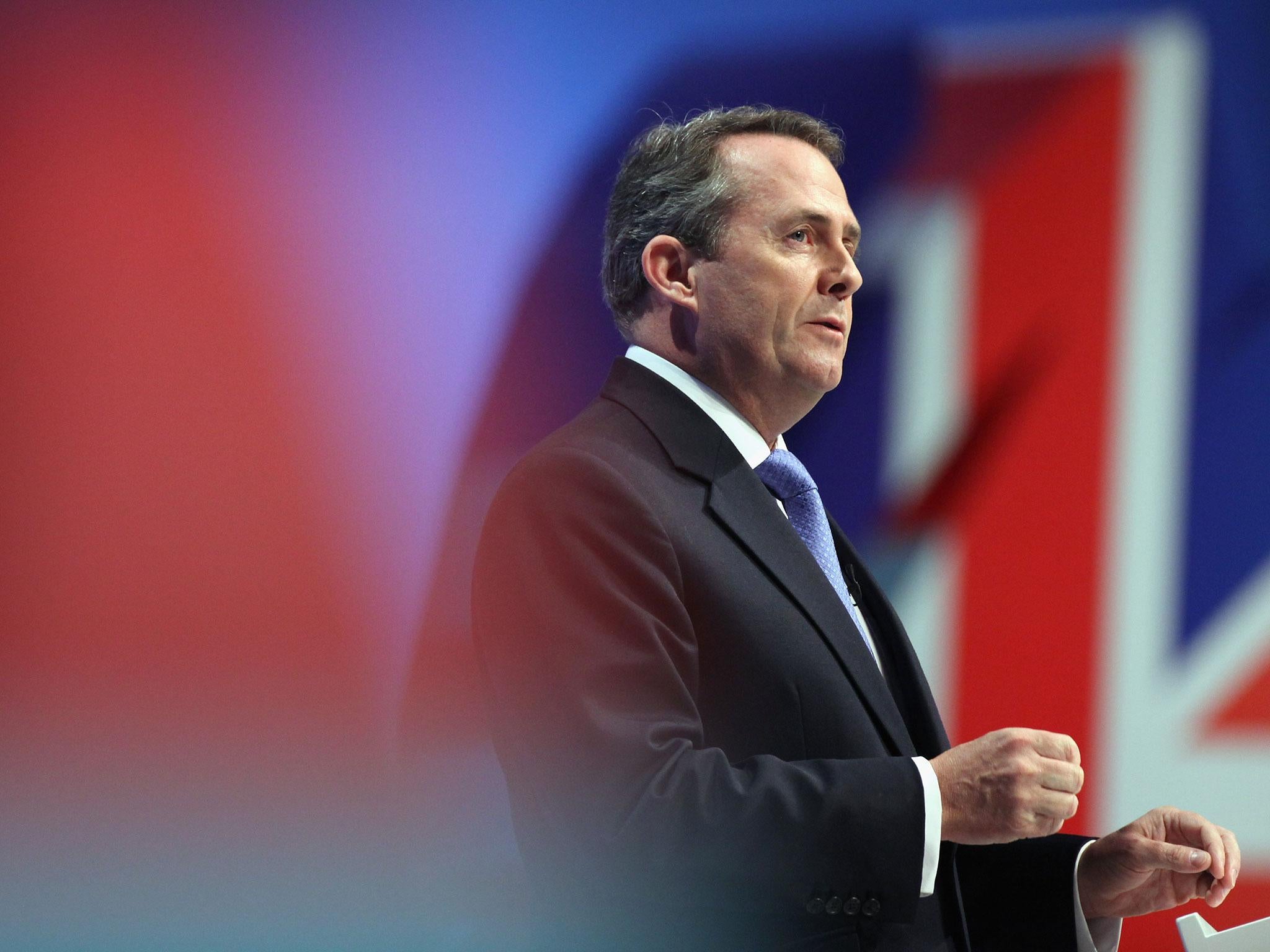
Similarly to his peers, Fox has voted against economic policies including an increased minimum wage, boosts to housing supply, and job guarantees for young people and the long-term unemployed, as well as against welfare benefits. He also joined them in voting to increase tuition fees to £9,000 and failed to vote either way on the scrapping of EMA. As former Secretary of State for Defence, his focus has been largely removed from issues directly concerning young people and the state of higher education, and his forced resignation after breaching ministerial standards and giving rise to security concerns raises worries over his integrity as a leader. On the other hand, his website lists a ‘pub price watch’ as one of his priority campaigns. Students: take from that what you will.
Michael Gove
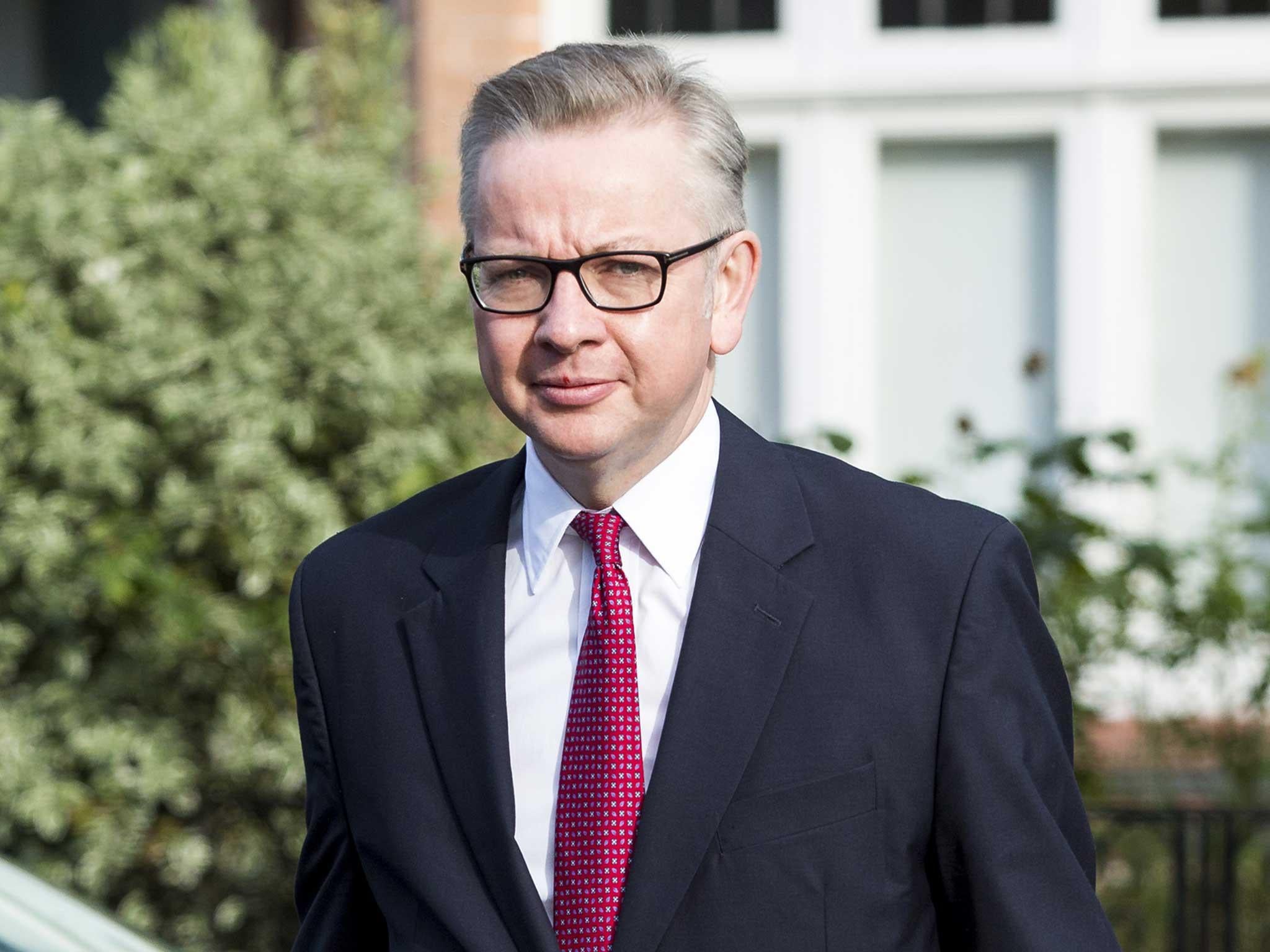
In a shock move, Michael Gove announced Thursday morning he would be joining the leadership race, despite repeated claims he would not be standing. Not so shockingly, the former Education Secretary has a track record of voting against the interests of university students and, during his former role, he came under fire from teachers, with many blaming him for the “disintegration” of the school system, as well as the creation of a culture of “bullying, fear and intimidation” that led to a vote of ‘no confidence’ by multiple unions, including the NUT.
His voting records also demonstrate an apparent aversion to benefits, affordable housing, energy and transport, and employment support for the young and long-term unemployed. Gove’s bid is already being backed by Education Secretary, Nicky Morgan.
Join our commenting forum
Join thought-provoking conversations, follow other Independent readers and see their replies
Comments
Bookmark popover
Removed from bookmarks